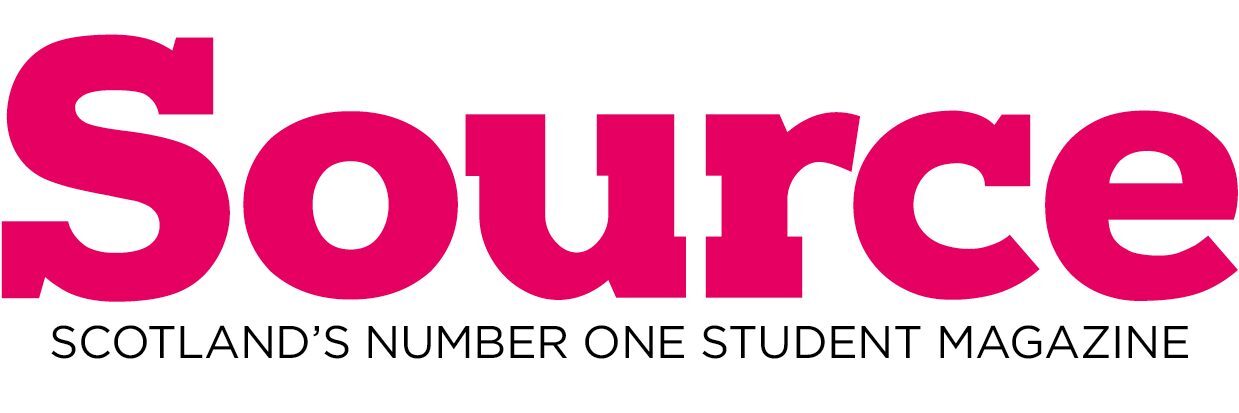 The prospect of heading out into the big, bad working world is daunting – but that shouldn’t stop you from exploring your options. Bagging your dream job may seem impossible, especially if you don’t know what that is yet. But it is possible. All you need is the right amount of determination, work ethic, and, of course, talent.
The prospect of heading out into the big, bad working world is daunting – but that shouldn’t stop you from exploring your options. Bagging your dream job may seem impossible, especially if you don’t know what that is yet. But it is possible. All you need is the right amount of determination, work ethic, and, of course, talent.
Take David Friel, for example. David left school at the age of 16, and having no idea what he wanted to do, began washing dishes in his local pub. Twenty-eight years later, David is Executive Head Chef at Glasgow’s award-winning steakhouse The Grill Room at 29. Since opening in 2007, the restaurant has received numerous awards, including the Daily Record’s Hot Plate Award and the Restaurant Magazine’s Best Steak and Chip award, to name a few. Today, David took a break from his busy schedule to sit down for a chat with Source…
Why did you decide to become a chef?
There was no thought like, “I want to be a chef.” The job became available, and I thought that people are always going to want to eat, so there was always going to be work for chefs.
How did you get your job as an executive head chef?
About ten years ago – maybe a bit longer – I took a chance. I was the head chef in a four star hotel in Glasgow, and I’d been there for years, so I decided I wanted a change. I took a job working for a big chain of restaurants and bars called Tiger Tiger. There I met and worked with some really nice people that recommended me to my current employer. That’s how I got the job.
What sort of training do you need to undertake to become a chef?
You don’t need any formal training, but going to college does help. I would say classic training is the best – you need to learn in the industry. Find a good hotel or restaurant to work in and you’ll be able to learn lots of different things in it. Work with good people, and stick at it for a good few years before you move on.
What’s the best and worst thing about your job?
The best thing is the creative side of being able to make things, and the atmosphere within a busy kitchen is nice. The worst thing is the anti-social working hours and the unpredictable working schedules.
What’s been the toughest challenge you’ve had to face throughout your career?
Before my current job, I had opened quite a few other restaurants, so opening a restaurant didn’t faze me. But when I started to work for James Mortimer (the owner of 29) we opened five kitchens, one after the other, in about a year and a half. That was really tough.
What’s been the highlight of your career?
There’s been quite a few. I’ve cooked for two Prime Ministers. James Mortimer held two dinners at 29. The first one was for Tony Blair and the next one was for Gordon Brown.
What advice would you give to someone who is looking to have as a successful career as you’ve had?
Work hard. You have to be a good people person, and have an exceptionally good knowledge of everything to do with your industry. You also have to have a good bit of flair and an ability to cook to a very high standard.
More information
People 1st – the sector skills council for hospitality
www.people1st.co.uk
Image: iStock/dp3010

